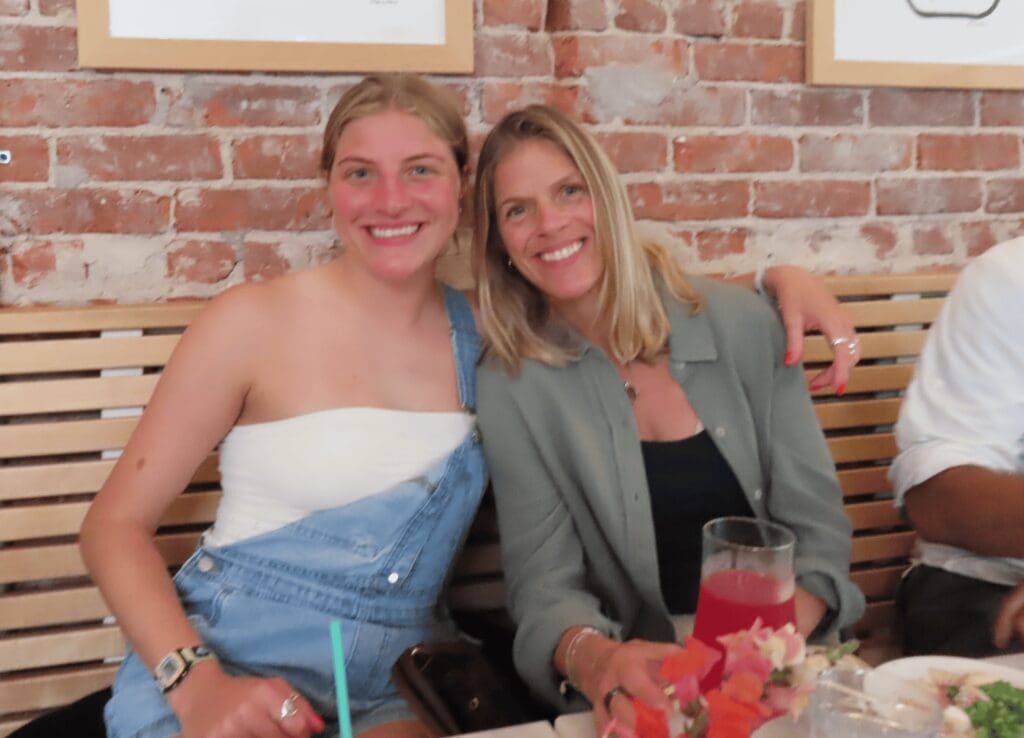
Final goodbyes are a part of life and love, and are often the most challenging and difficult life moments a person can face. And ironically, they are sometimes the most impactful—even beautiful.
A final goodbye can arrive due to the end of an adventure or experience, when you know, even if you exchange numbers with the special people you’ve encountered, the likelihood is you’ll never really meet again.
Perhaps the goodbye is the end of a job, when there’s a set of people you’ll never see again, even if you engaged intensively with them for a significant period of your life.
A strange and disorienting goodbye can be a breakup or divorce, where there is too much water under the bridge, and nothing left to pull you back together to sustain a relationship. Or it’s too conflictual, or too painful. These goodbyes can bring about great ambivalence and confusion: Was the closeness or intimacy real? How do I say goodbye to someone I’ve loved deeply who still walks the planet? Do I love them or hate them? Do I mostly remember the good that happened, or am I overwhelmed by the bad?
And, often most painfully and impactfully, there is the final goodbye of imminent death—of oneself, a friend, or a loved one. There is a press to make this goodbye special, a lasting memory — I’ve loved you, you’ve been the world to me, I’ll never stop thinking about you, or just thank you. The exchange of words in these moments can live in one’s mind for ages, til one’s own death.
In the very painful circumstance of having a terminal illness, knowing you will be the one leaving and making goodbyes, there is a tender reconciliation with a lifetime of relationships. Making meaning for you and your survivors is a part of the process of coming to terms with the end of life. Painful, profound, and beautiful.


